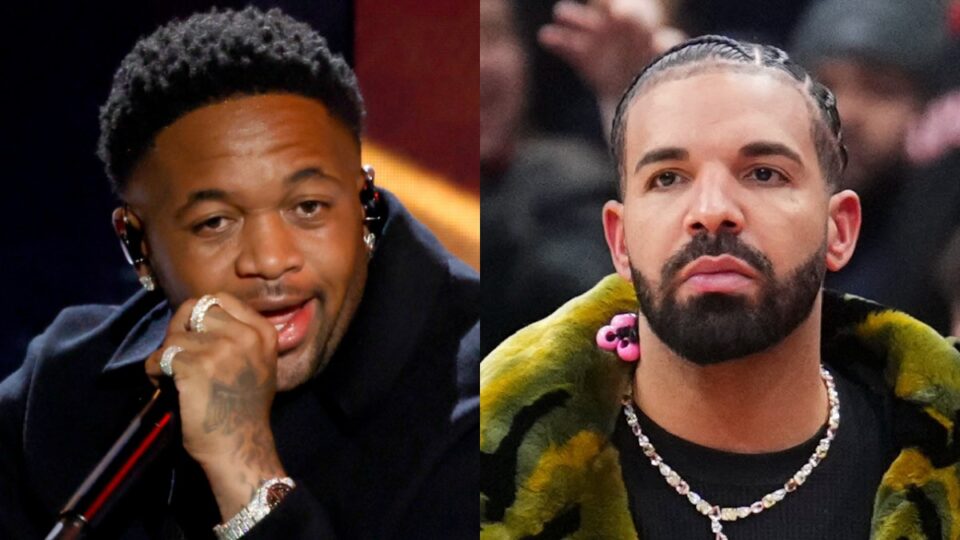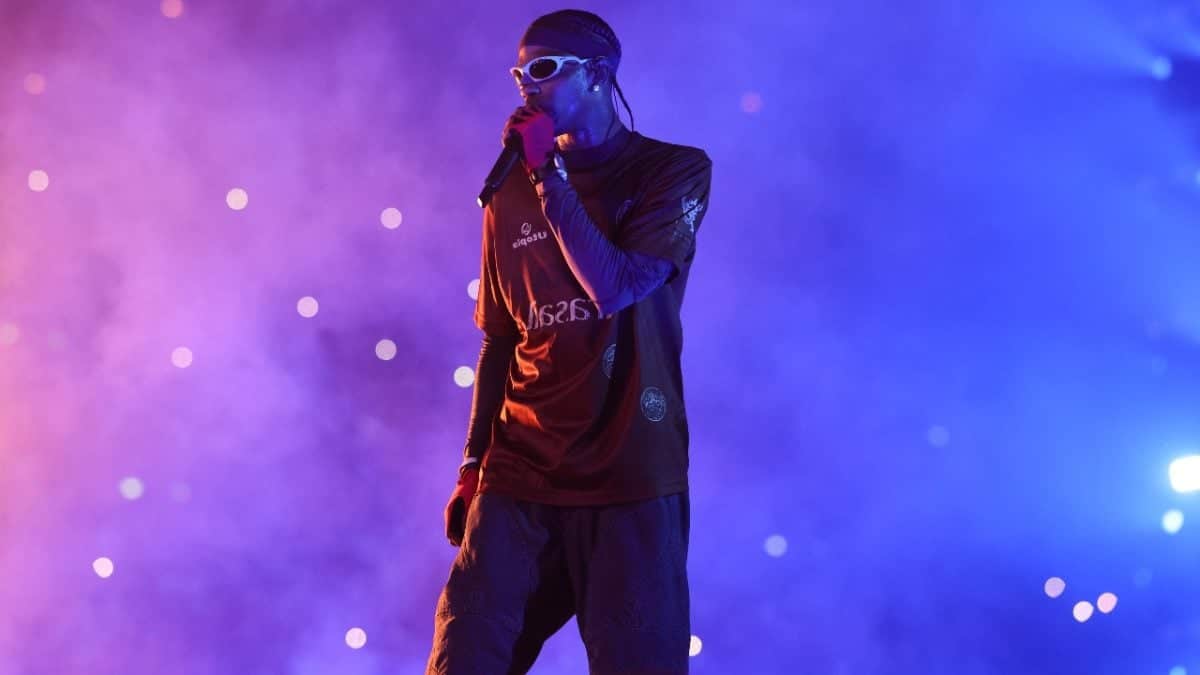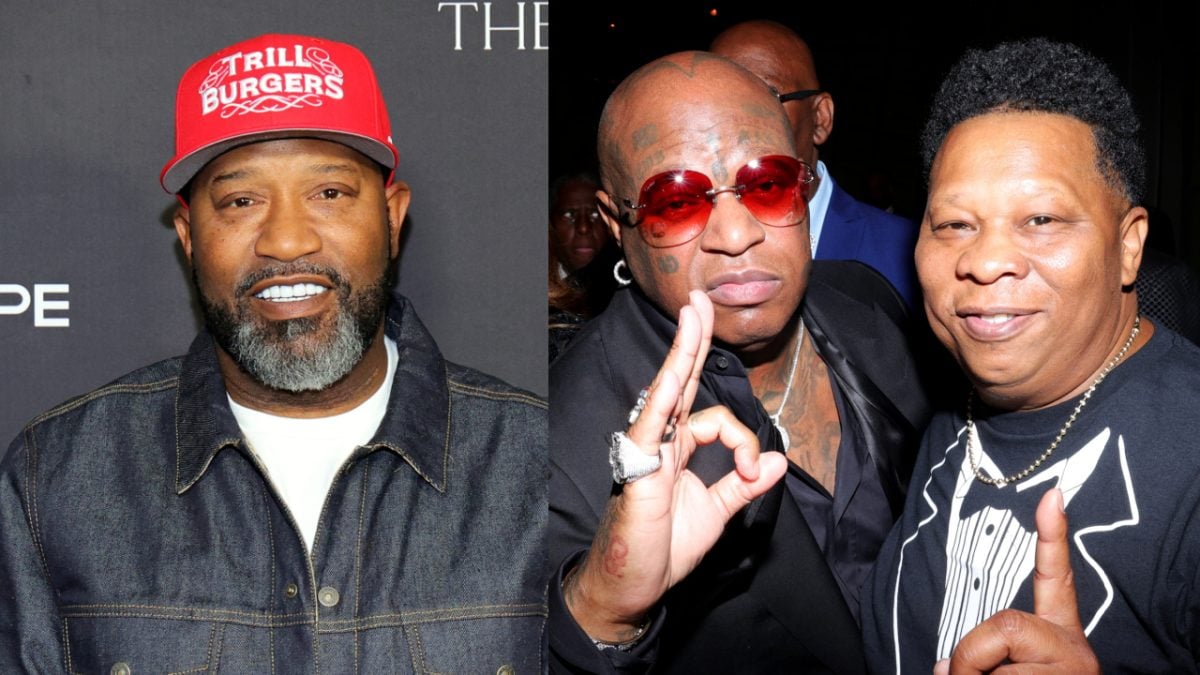Over the weekend, the highly anticipated fight between Mike Tyson and Jake Paul drew crowds. However, the spectacle left fans wanting more.
The matchup, featuring a legendary boxer and a social media star, was expected to reignite our love for boxing. Instead, it highlighted issues within the sport. Many anticipated Tyson to dominate, but whispers about a contract to pull punches circulated, leaving fans suspicious.
Some observers believed Jake Paul held back, protecting Mike Tyson’s legacy. The fight, rather than showcasing high-intensity boxing, turned into a sparring match. Tyson’s physical condition, with notable fatigue and weakened legs, was evident throughout.
Fans reminisced about the glory days of boxing, longing for the excitement fighters like Holyfield and Ali delivered. Today, they turn to UFC for thrilling bouts, disappointed by boxing’s inability to adapt and deliver engaging content.
Jake Paul, once again, is accused of manipulating fights to ensure victory. Critics call for him to face real boxers, leave behind the celebrity matches, and truly prove himself in the ring.
Meanwhile, boxing’s decline is apparent. Once filled with iconic fighters across weight classes, the sport now struggles to produce notable names. The absence of fresh talent and compelling matches pushes fans towards alternatives, like UFC.
Boxing promoters’ politics and underwhelming fight cards further frustrate fans. Aging stars like Tyson are drawn back, driven by financial needs, while younger talents seek celebrity matchups instead of real challenges.
The Tyson-Paul fight stands as a symbol of boxing’s struggle to captivate audiences. Until the sport evolves and caters to its fans, its future remains uncertain.
The once-revered sport of boxing faces an identity crisis. Legend-fueled nostalgia clings on as the driving force behind major events. However, to reclaim its former glory, boxing must adapt and present genuine challenges, or risk fading into obscurity while newer sports rise.










